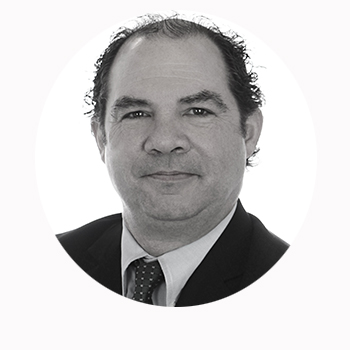One Plus One Equals Three


To watch the money and bond markets of late, there is one development that stands out quite clearly: the Federal Reserve (Fed) has to cut interest rates. In fact, from the markets’ perspective, trade uncertainty plus economic weakness equals three rate cuts. Or quite simply: 1+1=3.
What is interesting to note about the money and bond markets’ expectations is the recent shift in sentiment. At first, the Fed was “on hold” for this year and a rate cut or two was projected for 2020. That line of thinking then morphed into an anticipated rate cut this year and two for 2020, then into an expected two rate cuts in 2019, followed by an additional move next year. After the jobs report in May, Fed Funds Futures have slipped into three-rate-cut territory for this year alone, as of this writing.
With the June FOMC meeting exactly a week away, we should find out sooner rather than later where the Fed actually stands in this debate. Up to now, the monetary policy makers did not seem to share in the markets’ vision. Consider some of the quotes attributed to the Fed troika (Chairman Powell, Vice Chairman Clarida and New York Fed President Williams) just last week. It was widely reported that Powell was open to a rate cut, but he never uttered those words, instead using time-tested policy phrases such as “closely monitoring” and “act as appropriate.” Meanwhile, Clarida said, “we can’t be handcuffed to fluctuations in markets” and Williams chimed in with, “doesn’t bother me if market and Fed views differ.” But perhaps my favorite tagline from the New York Fed president was, “I don’t see the yield curve inversion as recession oracle.”
So, what about that jobs report? Was it that weak? In no way am I trying to explain away this number—it was softer than expected, but perspective in these volatile market times is needed more than ever. Even though the nonfarm payroll (+75,000) and average hourly earnings (+3.1%) missed consensus estimates, they do not rise to the level of alarming. Interestingly, in the Fed’s Beige Book release last week, it was mentioned that “employment is still seen constrained by tight labor market .” For the record, the unemployment rate remained at a 50-year low of 3.6%. Food for thought, no?
Conclusion
As we saw earlier this year, the Fed can change its tune quickly, but history tells us it won’t respond to one month’s worth of jobs numbers, especially when the “economy is in a good place.” I do look for changes in the blue dots, however. First up, the 2020 rate hike has to come off the table. I think the likeliest Fed scenario for next week is: “on hold” for this year, with the plot building for rate cuts as the next policy move. And you thought summertime in the bond market would be boring.
Unless otherwise stated, data source is Bloomberg, as of June 7, 2019.


